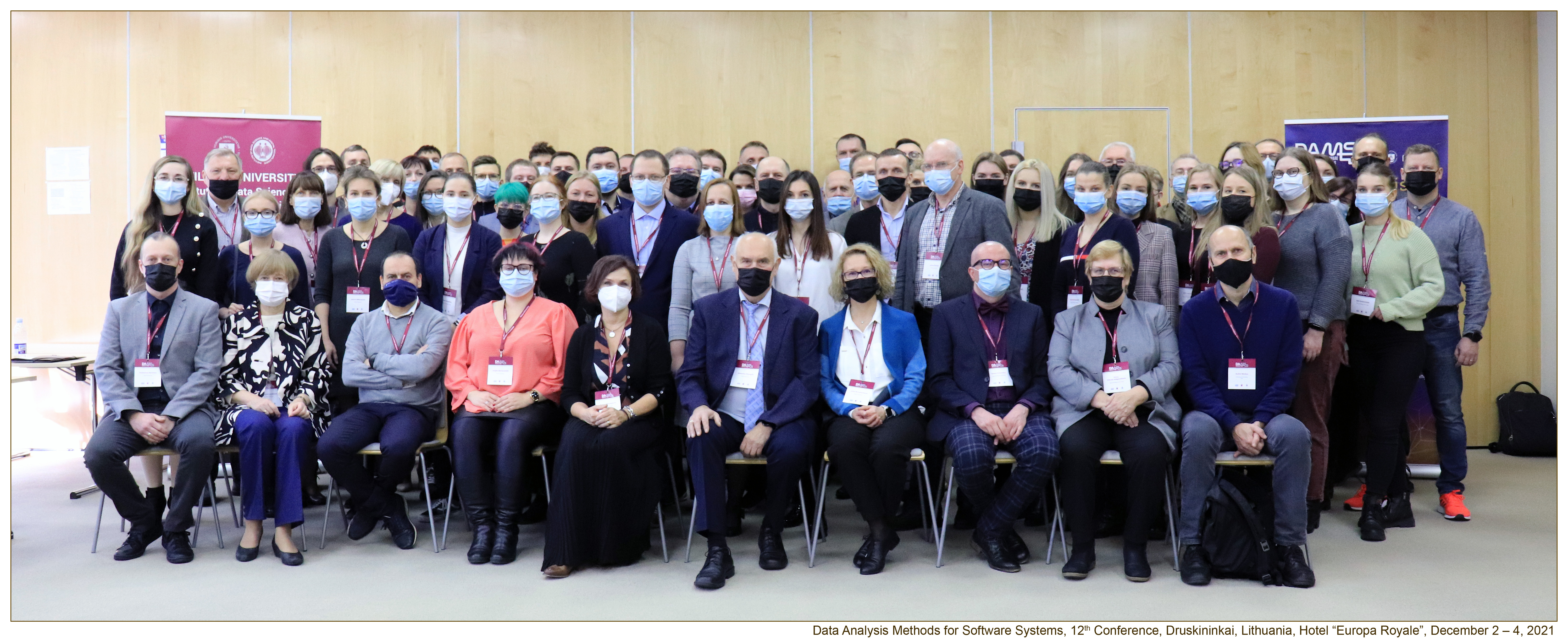
Download the conference program:
DAMSS 2021: Plenary Speakers
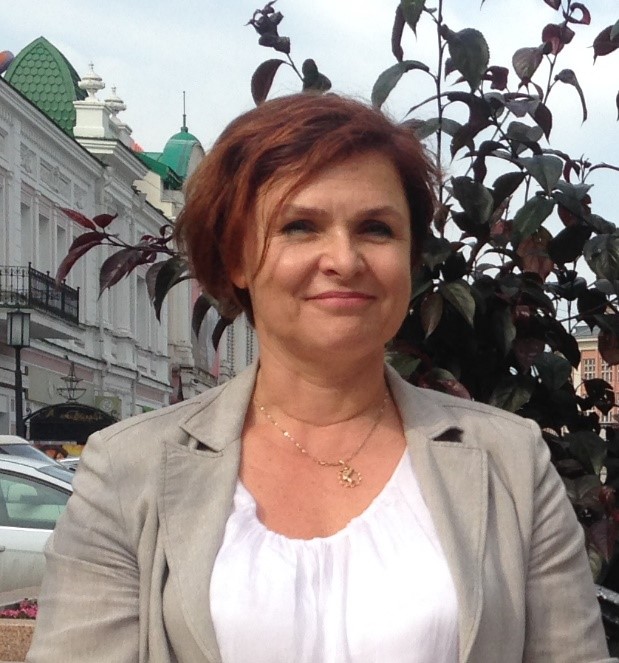 |
Assoc. Prof. Tatiana Tchemisova
Tatiana Tchemisova is an associate professor at the Department of Mathematics and researcher of CIDMA, Center for Research and Development in Mathematics and Applications at the University of Aveiro, Portugal. She graduated from the Belarusian State University and received PhD in Physical and Mathematical Sciences by the National Academy of Sciences of Belarus in 1996. During more than 20 years of teaching at the University of Aveiro, she lectured more than 20 different curricular units including subjects on linear, nonlinear, and network optimization, operations research for students of undergraduate and postgraduate level, supervised research seminars on convex, semi-infinite and semidefinite programming. Her expertise includes different aspects of mathematical optimization, mostly in continuous and convex optimization, semi-infinite and semidefinite optimization and optimization over convex cones. Another area of her research is related to mass transfer and minimal resistance problems, shape optimization and applications of optimization methods in Data Mining and Decision Support. Tatiana Tchemisova is the author and co-author of more than 40 scientific articles and several didactic textbooks. She is a member of the Editorial Boards of six international journals, served as Editor of several Proceedings Books of International Conference and as a Guest Editor of Special Issues in International Journals such as Optimization, DAM (Discrete and Applied Mathematics), and Springer series of Communications in Computer and Information Science (CCIS). She was chair and co-chair of about ten and member of organizing and scientific committees of more than fifty international conferences. During the last ten years, she was Vice-chair of the Managing Board of EUROPT -- "EURO Working Group on Continuous Optimization" and Vice-president of APDIO – Portuguese Association of Operations Research. Since 2020, Tatiana is a national representative of APDIO in "WISDOM Forum of EURO" (WISDOM--Women In Society: Doing Operational Research and Management Science) of EURO--European Association on Operations Research. |
Talk title: Generating of non-regular instances of semidefinite programming problems
Abstract: Semidefinite programming (SDP) deals with the problem of minimizing linear functions subject to linear matrix inequalities (LMIs) and belongs to conic optimization. A wide variety of nonlinear convex optimization problems can be formulated as problems involving LMIs, and hence efficiently solved using recently developed interior-point methods. Semidefinite programming has been recognized in combinatorial optimization as a valuable technique for obtaining bounds on the solution of NP-hard problems. It provides important numerical tools for analysis and synthesis in systems and control theory, robust optimization, computational biology, systems and control theory, sensor network location, and data analysis, among others. Regularity is an important property of optimization problems. Various notions of regularity are known from the literature, being defined for different classes of problems. Usually, optimization methods are based on the optimality conditions, that in turn, often suppose that the problem is regular. The absence of regularity leads to theoretical and numerical difficulties, and solvers may fail to provide a trustworthy result. Therefore, it is very important to verify if a given problem is regular in terms of certain regularity conditions and in the case of nonregularity, to apply specific methods. On the other hand, in order to test new stopping criteria and the computational behaviour of new methods, it is important to have an access to sets of reasonably-sized nonregular test problems. We present a generator that constructs nonregular SDP instances with prescribed irregularity degrees and a database of nonregular test problems created using this generator. Numerical experiments using popular SDP solvers on the problems of this database permit us to conclude that the most efficient solvers are not efficient when applied to nonregular problems.
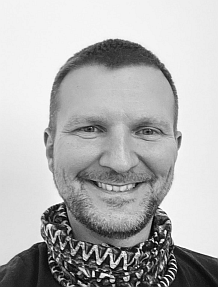 |
Prof. Dr. Rytis Maskeliunas
Prof. Dr. Rytis Maskeliunas currently works as a professor and as a chief researcher at the Faculty of Informatics in the Kaunas University of Technology. Rytis also serves as an invited professor at the Faculty of Applied Mathematics in the Silesian University of Technology. His main area of scientific research is applying modern methods of artificial intelligence in multimodal signal processing. He is an author /co-author of over 200 refereed research publications (h=19) and serves as an expert for multiple International scientific organizations, as well as an editor/reviewer/committee member for various International refereed journals. In this field, Rytis has experience of supervising 8 PhD students and he has coordinated/participated in multiple research projects in the Computer Science domain and was involved in the EU COST actions 278, 2102, IC1002, CA15122, CA16101 and currently is an MC member in CA19136. |
Talk title: Deep learning in Alzheimer's disease
Abstract: Deep learning has shown tremendous potential in medical applications, not excluding hard to detect symptoms of Alzheimer’s and related diseases. Accessibility of data deriving from neuroimaging techniques, such as structural and functional MRI, positron emission tomography and imaging genetics allowed a breakthrough in clinical decision support. The presentation showcases a range of models and applications, discussing challenges and implications within this topic.
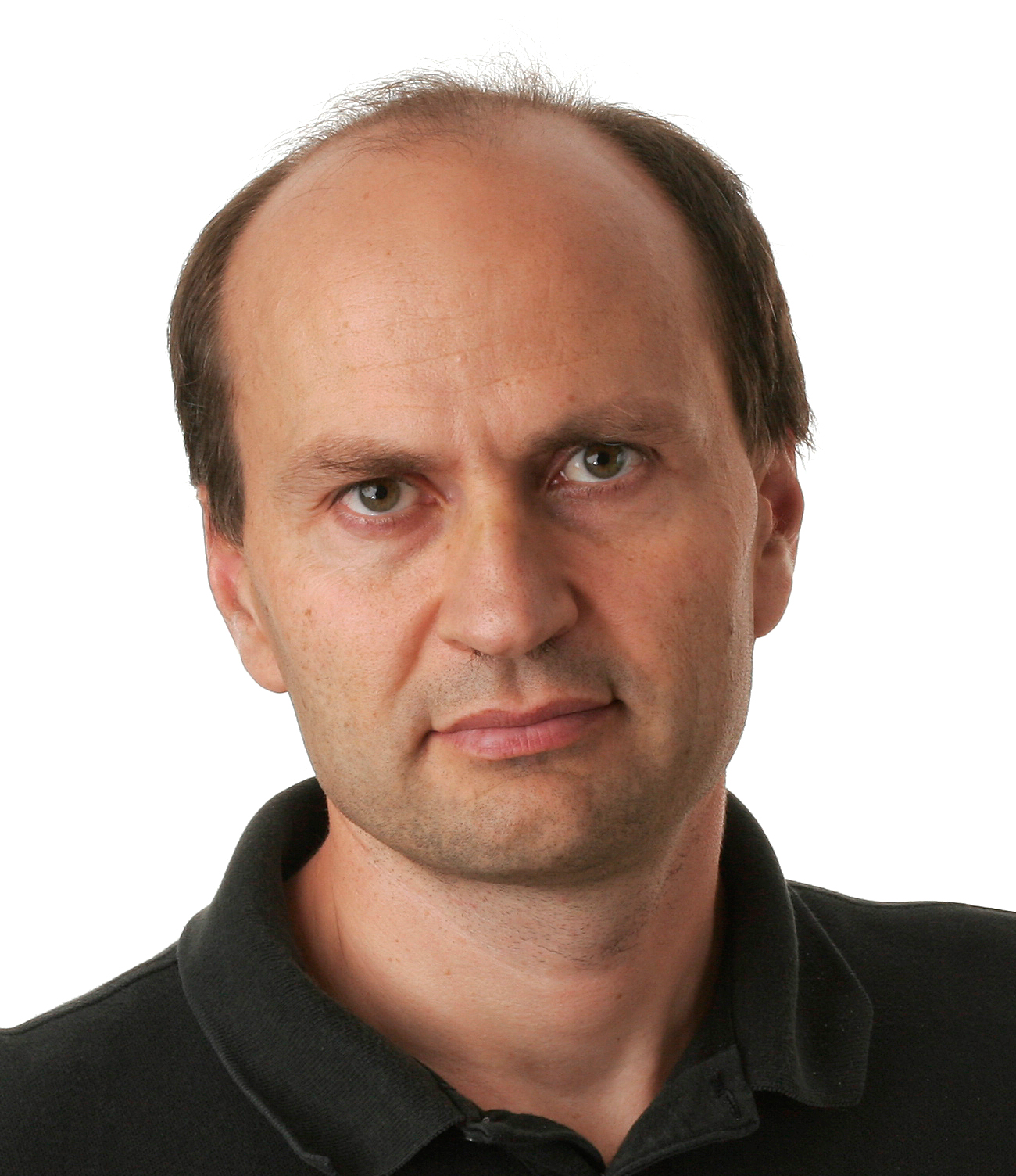 |
Prof. Dr. Audris Mockus
Audris Mockus has worked at AT&T, then Lucent Bell Labs and Avaya Labs for 21 years. Now he is the Ericsson-Harlan D. Mills Chair professor of Digital Archeology and Evidence Engineering in the Department of Electrical Engineering and Computer Science of the University of Tennessee. Dr. Mockus received a B.S. and an M.S. in Applied Mathematics from Moscow Institute of Physics and Technology in 1988. In 1991 he received an M.S. and in 1994 he received a Ph.D. in Statistics from Carnegie Mellon University. |
Talk title: World of Code: Enabling a Research Workflow for Mining and Analyzing the Universe of Open Source VCS Data
Abstract: Open source software (OSS) is essential for modern society and, while substantial research has been done on individual (typically central) projects, only a limited understanding of the periphery of the entire OSS ecosystem exists. For example, how are the tens of millions of projects in the periphery interconnected through technical dependencies, code sharing, or knowledge flow? To answer such questions we: a) create a very large and frequently updated collection of version control data in the entire FLOSS ecosystems named World of Code (WoC), that can completely cross-reference authors, projects, commits, blobs, dependencies, and history of the FLOSS ecosystems and b) provide capabilities to efficiently correct, augment, query, and analyze that data. Our current WoC implementation is capable of being updated on a monthly basis and contains over 18B Git objects. To evaluate its research potential and to create vignettes for its usage, we employ WoC in conducting several research tasks. In particular, we find that it is capable of supporting trend evaluation, ecosystem measurement, and the determination of package usage. We expect WoC to spur investigation into global properties of OSS development leading to increased resiliency of the entire OSS ecosystem. Our infrastructure facilitates the discovery of key technical dependencies, code flow, and social networks that provide the basis to determine the structure and evolution of the relationships that drive FLOSS activities and innovation.
 |
Prof. Dr. Pasi Fränti
Pasi Fränti received his MSc and PhD degrees from the University of Turku, 1991 and 1994 in Science. Since 2000, he has been a professor of Computer Science at the University of Eastern Finland. He has published 99 journals and 175 peer review conference papers. Pasi Fränti is the head of the Machine Learning research group. His current research interests include clustering algorithms, location-based services, machine learning, web and text mining, and optimization of health care services. He has supervised 30 PhD graduates and is currently supervising nine more. |
Talk title: Web tools for analysing location-based data
Abstract: Tracking people location has become every day practice and created lots of new geotagged data. This presentation gives an overview for recent methods on analysing collected geotagged data via developed web applications. These include various GPS trajectories analysis including similarity, averaging, reduction, move type detection, distance calculation, clustering, and optimizing facility locations. Most methods are publicly available on the web either as demonstrations, APIs or web tools where user can upload his/her own data.
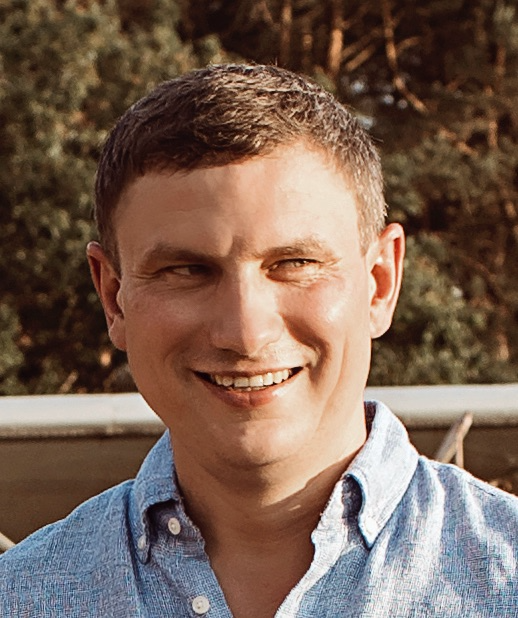 |
Prof. Dr. Remigijus Paulavičius
Remigijus Paulavičius received a Ph.D. degree in computer science from Vytautas Magnus University, Kaunas, Lithuania, in 2010. He was a Postdoctoral Researcher with Vilnius University, Vilnius, Lithuania, and a Research Associate with Imperial College London, London, U.K. He is currently a Professor and the Head of the Blockchain Technologies Group, Institute of Data Science and Digital Technologies, Vilnius University. In 2019 he was elected as a Member of the Young Academy of the Lithuanian Academy of Sciences. His research interests include distributed ledger technologies, parallel and distributed computing, the development and application of various operation research (mathematical optimization) techniques. |
Talk title: Empirical Analysis of Selected Blockchain Simulators
Abstract: In recent years, various blockchain-based solutions have been created. However, the lack of tools to evaluate blockchain systems may limit the development of the field. Many benefits of blockchains can be demonstrated only at large scales, e.g., using thousands of nodes. Therefore, the investigation of different implementations and design choices is complicated and hardly feasible on real blockchains. Meantime, blockchain simulators give the possibility to reproduce complex real-world systems at a low cost. In this talk, we present the first systematic review and empirical analysis of existing blockchain simulators. Most of these simulators are readily extensible and can be used to test the performance of blockchains with different settings and parameters on a single computer. The features and limitations of selected simulators are summarized and experimentally validated. Finally, possible future research directions in the field are highlighted.
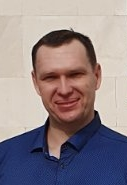 |
Assoc. Prof. Dr. Ernestas Filatovas
Ernestas Filatovas received his Ph.D. degree in Informatics Engineering from Vilnius University, Lithuania, in 2012. He was a Postdoctoral Researcher at the Vilnius University, Vilnius, Lithuania, where he is currently a Senior Researcher and Co-founder of the Blockchain Technologies Group at the Institute of Data Science and Digital Technologies. His research interests include Blockchain Technology, High Performance Computing, Machine Learning, Multiobjective and Global Optimization, and the development and application of various operation research techniques. He successfully participates/leads in national and international research projects, cooperates with foreign scientists, advises doctoral students. He also actively cooperates with business companies form the research side. |
Talk title: Application of MCDM Techniques for Consensus Protocol Selection
Abstract: Blockchain technologies have already engaged great attention from industry and academia. A consensus protocol plays a key role in the complex architecture of a blockchain system. It ensures that all participants (nodes) of a blockchain network agree on the transactions without a central authority. A wide range of blockchain consensus protocols have been developed considering different aspects (e.g., energy consumption, scalability, latency, throughput, fault tolerance, etc.) and types of systems (private, public, consortium). The requirements of blockchain systems can differ considerably. Therefore, selecting a suitable consensus protocol to meet the needs of a specific system is challenging. To facilitate the selection process, various Multi-Criteria Decision-Making (MCDM) techniques could be employed. Here we present an MCDM based framework for identifying preferable consensuses for each type of blockchain system based on the specified criteria and their weights. We also demonstrate the potential of the framework on the popular blockchain consensus protocols.
